Introduction:
Depression is more than just a bad day; it’s a persistent condition that affects every aspect of one’s life. This comprehensive guide by Vanguard Behavioral Health aims to highlight the signs of depression, breaking down the often misunderstood aspects of this condition to empower individuals with knowledge and pathways to support.
Table of Contents:
- Understanding Depression
- Common Signs of Depression
- When to Seek Help
- How Vanguard Behavioral Health Supports Your Journey
Understanding Depression
Depression is a complex mental health disorder affecting thoughts, mood, and daily activities. Depression is often misunderstood and is surrounded by myths that create a stigma around it. It can manifest as persistent sadness, loss of interest in life, among other physical and emotional problems. Importantly, depression is not simply about feeling sad for a few days; it’s an illness that involves the brain and can be mild, moderate, or severe.
“Depression can affect your thoughts, mood, and daily activities — making you feel sad or down. But it’s more than just feeling sad for a few days. It can range from mild to severe, and even mild depression can escalate if untreated. Millions of adults in the United States are diagnosed with depression each year, showing it’s a common illness that you’re not facing alone.” Source
This condition has a broad impact, touching lives across all ages and backgrounds. Recognizing depression’s varied severity underscores the necessity of seeking treatment and understanding that if you’re experiencing it, you’re not alone.
Common Signs of Depression
Signs of depression can greatly vary among individuals, but the common symptoms typically include:
- Persistent Sadness or Hopelessness: This fundamental sign often cannot be attributed to any clear cause.
- Loss of Interest in Activities: Activities that were once enjoyable no longer bring pleasure to the individual.
Symptoms based on WHO’s findings: The World Health Organization outlines additional symptoms that are also present, which may include:
- Poor concentration
- Feelings of excessive guilt or low self-worth
- Hopelessness about the future
- Thoughts about dying or suicide
- Disrupted sleep
- Changes in appetite or weight
- Feeling very tired or low in energy

These symptoms can present differently in each person, identifying them can mark an important step in addressing depression. Source: WHO
When to Seek Help
Noticing these signs in yourself or someone you love is a crucial first step. Seeking professional help is the next. Depression is treatable, and with the right support, recovery is possible.
How Vanguard Behavioral Health Supports Your Journey
At Vanguard Behavioral Health, we offer a compassionate environment and evidence-based treatments to support your journey to wellness. Our expert team is dedicated to providing the personalized care you deserve.
Recognizing the signs of depression is the first step toward healing. With the right information and support, overcoming depression is possible. Vanguard Behavioral Health is dedicated to guiding you through every step of your journey. Reach out today, and let’s take that step together.







